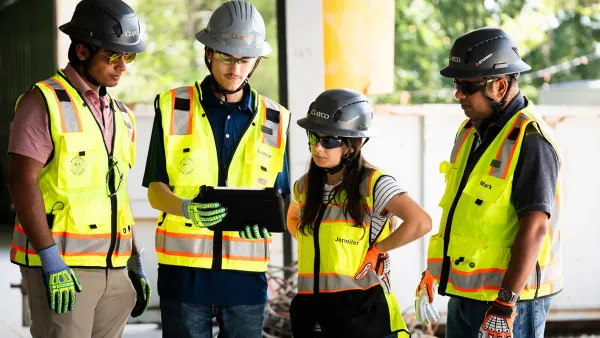Dive Brief:
- As reported at Human Resource Executive, new research finds people are not nearly as unbiased as they think they are.
- In fact, only one of the 661 people surveyed said that he or she is more biased than the average person.
- Experts say HR professionals need to improve at identifying bias blind spots within their own ranks in order to improve recruiting and other HR-driven efforts, according to Maura Ciccarelli, who wrote the HRE article.
Dive Insight
The researchers specialize in the field of human judgment and decision-making and studied the consequences of biased decisions, explains Irene Scopelitti, of the Cass Business School in London and lead author of the study. As for application to HR challenges, Scopelitti says the scale and the lessons can be adapted and used in a variety of contexts.
For example, industrial/organizational psychologist Michael Warech told HRE Online that measuring bias blind spots may improve recruiting efforts, especially if the role requires candidates who are collaborative and inclusive, can develop partnerships and build relationships, and do not rush to judge but rather exchange ideas.
And Dan Lezotte, a principal with Mercer’s workforce strategy and analytics group, told HRE Online that 360-leadership evaluations, development, and promotions can be affected by bias blind spots. He also noted that dealing with the blind spot can help improve teamwork and decision-making, since multiple perspectives are critical for a good process to overcome individual bias.









